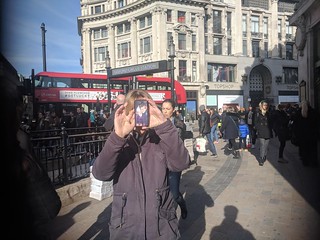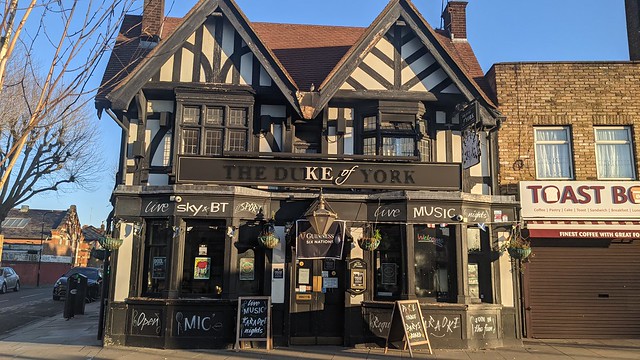skip to main |
skip to sidebar
The significance of street photography in the mental health of those who practice it was a fascinating insight for me from this year's Street London event. It was touched on in last year's event by Richard Sterne but two testimonies by Cam Crosland and David Gaberle were incredibly honest and all the more powerful for that.
In a way they put the main theme of the event about ethics and morality into perspective.
There was some consensus around the photographer's personal responsibility to treat people with respect but not to the point of self-censorship i.e. shoot first, then decide what to do afterwards. That visceral, instinctive response is for me one of the essences of working in the street. Over-thinking dilutes that spontaneity and indeed originality.
However Jeff Mermelstein's private text photographs proved a challenge when the "how would you feel if it was you?" question was posed. Certainly using the technology of the day and reflecting the culture of the moment made it an interesting project for me and something ironically I was taken by in the inaugural London Street Photography Symposium.
Post production as illustrated by Chris Dorley-Brown's The Corners was another angle on the premise - or promise - of authenticity. That contract between photographer and viewer that what they're seeing did happen in reality. Ah reality, there's an idea. Merely an illusion, albeit a very persistent one.

These debates are not new. Take Weegee and Fenton for example. Yet it's interesting to consider the impact of digital on both these topics. Arguably the initial taking and then the re-making of photographs has engendered less and more thought respectively.
Dear me, this post is getting a little too existential. Back to the event.
It was refreshing to hear Simon Roberts talk, well introduced by what can be regarded as the first street photograph, highlighted the detailed planning that goes into his work. Hours of preparation for literally a handful of great images.
Dorothy Bohm also proudly recounted her ability to make the most of the limited resources in post-war Manchester. Her lifelong commitment to photography was inspirational.
Perhaps Joel Meyerowitz nailed it in his address. Neatly closing the loop on Julie Hrudova's Street Repeat he made a powerful argument for the role - and the right - to take photographs in the street to make your own signature regardless of how original or not the composition or subject of the image. What's important is to be your own witness. I'd interpret that message both of the external and your internal worlds.
Honest pictures.








